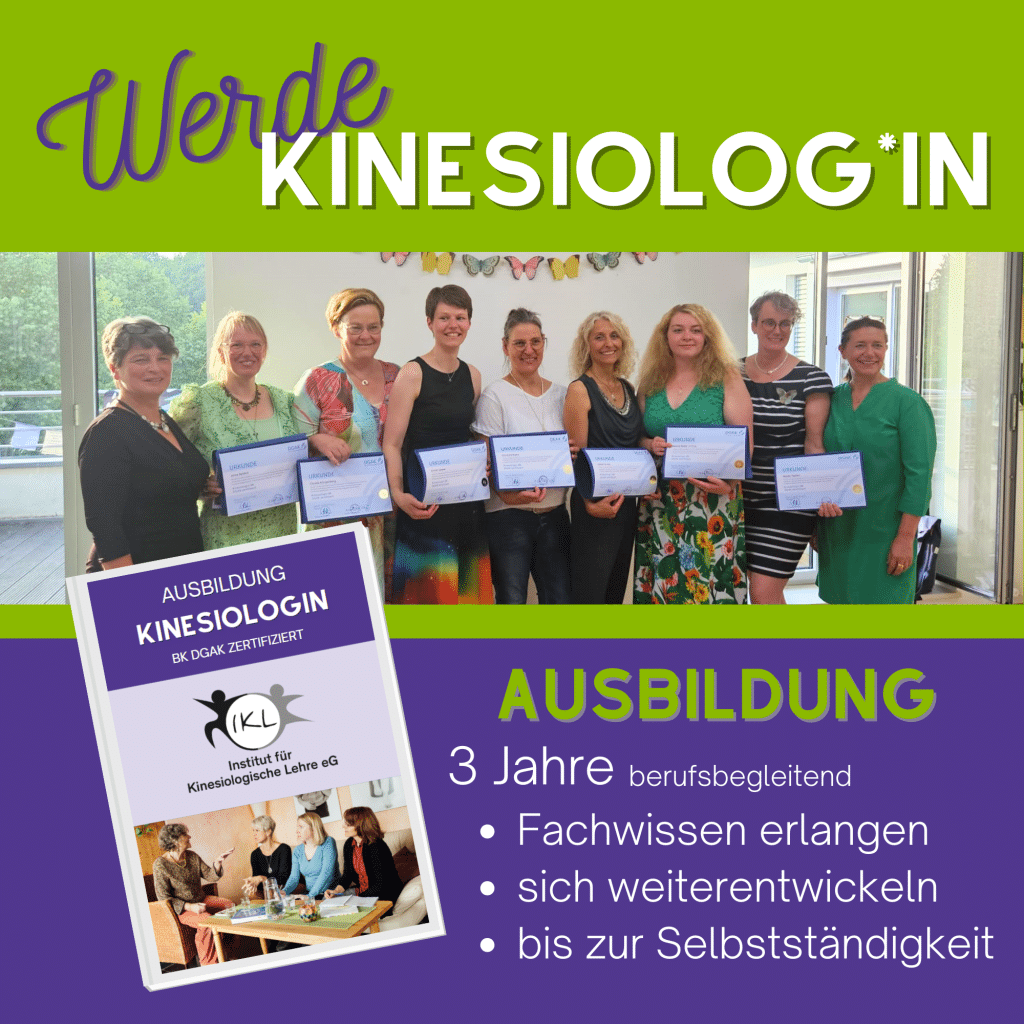Matthew Thie, the son of Touch for Health – founder John F. Thie teaches at the IKL from April 8 to 12. Look forward to some exciting Touch for Health days with first hand teachings.
- 8 and 9 April : Touch for Health Clinical Workshop
- April 10 and 11: Balance of posture and reactive muscles
- April 12: Carpal Tunnel Workshop
Lisa Wennekes spoke with him about his Workshops.
Lisa:For me it is very exciting to have you with us. I can still remember when your father came, I was very young and he spoke to me in English and I was so proud that I could understand him! You will be teaching the Touch for Health Clinical Workshop, I am so curious what it will be about!
Matthew Thie: When I first started going around to the conferences I had the idea that I was going to make up new things or study the most advanced techniques. But then I realized that a lot of people at the conferences where not talking about TFH and they didn’t seem to be following what I thought was the model of TFH – the educational model.
They were doing a lot of good things, helping people with great new techniques but some aspects of the educational self-awareness approach seemed to have gone to the side. For me TFH and the whole profession of energy kinesiology has its purpose for the layperson, for families to have tools that they can use for themselves at home. And this is what this workshop is all about.
Lisa:Tell me what is it that hides behind the name of the Carpal Tunnel Workshop?
Matthew Thie: The Carpal Tunnel workshop is great. The story behind it is quite interesting. My aunt Alice who also was a TFH Instructor has a hobby: she loves to do photo and video editing. Now moving her hands around with the mouse for hours and hours. She started to get stress and pain in her wrist from all this repetitive movements and started to think about what she could do about it. So she remembered some things from TFH that she could apply so she could keep working for another 16 hours… So of course when my father talked to her one of his piece of advice was that maybe it is best to take some rest. Still she had found some things that worked as a quick fix.
One of these we call it Alice’s quick fix: we check all of the assessments of the different wrist functions and check some of the muscles that are mainly involved with the wrist movement. The quick fix is to simply trace the meridians that run through the wrist. She and my father were surprised about the degree of pain relieve when going through these procedures!
The way I approach all the important functions in the wrist is to add a holistic goal setting so that I know the motivation of that person. Because often time the pain that is being expressed in the wrist is not isolated to the wrist. At least even structurally it could be elbow shoulder and even beyond structure it may have much to do with what is going on emotionally and some inner conflict.
That is what we get into in the Carpal tunnel workshop.
Lisa: In Germany we have a lot of discussion on what too much work at the computer does to us. It is a great opportunity to learn tools on how to deal with challenges – physical as well as emotional – that come along or lay beneath that. So with your work on body posture and reactive muscles what can we expect from that class?
Matthew Thie: It is going to focus on the basics. I am going to make things more simple and more basic with my approach to reactivity and body posture because those are two topics that people for some reason find intimidating. There seems to be some reactivity in the world related to the subject of reactivity. In my experience it can be just as simple as everything else we do in Touch for Health. I was even considering changing the title of the class into ‘Fun and joy with posture and reactivity’. So my point is to have fun with it. I have some stories and practices to help remembering the basic procedures. There are a few different techniques that you have to combine together to efficiently look for which muscles are reacting to each other and some people get a little bit confused with the procedure when combining these techniques.
Lisa: Why do you think is body posture such a challenging subject?
Matthew: When it comes to posture I start out making people realize that they do not have to be experts in all of the mechanical relationships between the muscles. Actually, all of us are total experts in interpreting human body posture because if we are not, we do not get along to well with other people. Because in our social interaction we all the time have to read what is happening to people’s facial expression? Their shoulders, their attitude in order to interact with them and in order to have an effective exchange and buy your bread or whatever it is you want to do. So when they realize that on an unconscious level all of us are experts then we only have to make the step of making it more conscious. We can then use the TFH charts to see what muscles might be related to that and like this get a long way in changing peoples emotional attitude and also their posture.
Lisa:Thank you very much!


